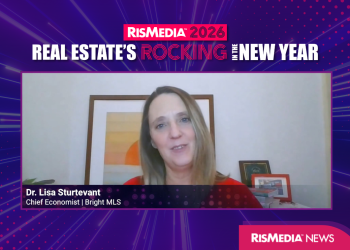 (MCT)—In the wake of the housing bubble’s collapse, FHA loans have taken on renewed importance for today’s mortgage borrowers.
(MCT)—In the wake of the housing bubble’s collapse, FHA loans have taken on renewed importance for today’s mortgage borrowers.
Simply stated, an FHA loan is a mortgage insured by the Federal Housing Administration, a government agency within the U.S. Department of Housing and Urban Development. Borrowers with FHA loans pay for mortgage insurance, which protects the lender from a loss if the borrower defaults on the loan.
Because of that insurance, lenders can—and do—offer FHA loans at attractive interest rates and with less stringent and more flexible qualification requirements.
Here are seven facts all buyers should know about FHA loans.
Less-than-perfect credit is ok: The FHA doesn’t mandate a minimum credit score, according to Vicki Bott, HUD deputy assistant secretary for single-family housing. Instead, each borrower’s creditworthiness is considered in context. Some leeway is allowed, even for borrowers who’ve filed for bankruptcy.
That said, however, lenders can overlay their own requirements on top of the FHA’s guidelines. Some lenders might require a minimum credit score. Ask prospective lenders about such a requirement if your credit is less than perfect.
“Lenders underwrite FHA loans to ensure that the customer has the willingness and capability to repay the loan, but we do have flexibility beyond pure credit score to look at the borrower’s financial situation,” Bott says.
Minimum down payment is 3.5 percent: The FHA requires a down payment of just 3.5 percent of the purchase price of the home. That’s a fraction of the percentage typically required on most other loans and a “huge attraction,” says Dennis Geist, vice president of government programs at Wells Fargo Home Mortgage in Carlsbad, Calif.
Borrowers can use their own savings to make the down payment. But other allowed sources of cash include a gift from a family member, or a grant from a state or local government down payment assistance program.
Closing costs may be covered: The FHA allows home sellers, builders and lenders to pay some of the borrower’s closing costs, such as an appraisal, credit report or title expenses. For example, a builder might offer to pay closing costs as an inducement for the borrower to buy a new home.
Lenders typically charge a higher interest rate on the loan if they agree to pay closing costs. Borrowers can use the good faith estimate of closing costs — commonly known as the GFE — to compare interest rates and closing costs on different loans and figure out which option makes the most sense.










